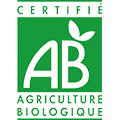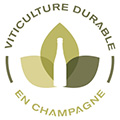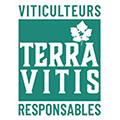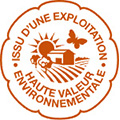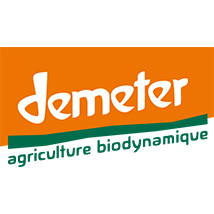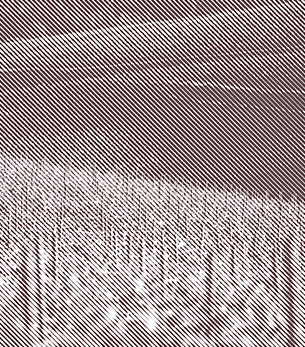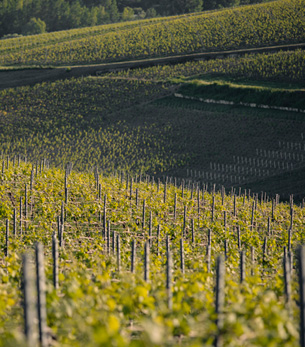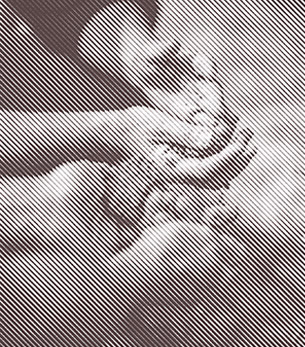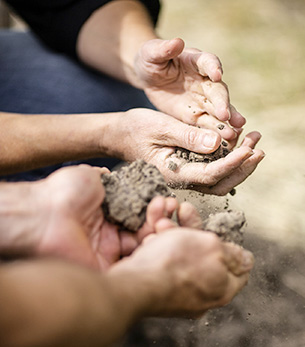our approach
I. MAKE OUR PRACTICES
MORE SUSTAINABLE
The repercussions of climate change on vine-growing estates mean significantly higher alcohol levels, vines that are more vulnerable to disease and more frequent incidents of extreme weather. These trends have become increasingly apparent over the last decade.
better understand
biodiversity and our impact
1. By developing a large-scale strategy across our vineyards through recognised certifications and labels.
Certifications et labels de notre paysage agricole.
TRAJECTORY
CHAMPAGNE
- 2024 80% of the total vineyard surface area certified VDC (‘Viticulture Durable en Champagne’) or Organic
- 2026 100% of vineyard surface area certified.
BORDEAUX
- 2025 5% of vineyards certified organic (AB) and a further 4% undergoing organic conversion.
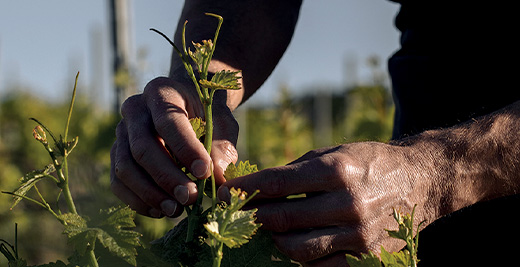
2. By strengthening existing bonds with partner growers, notably providing financial assistance to support organic conversion.
TRAJECTORY
CHAMPAGNE
- 2030 100% certified Sustainable Viticulture in Champagne.
BORDEAUX
- 2025 100% of purchases certified HVE3 or ORGANIC.
Listening intently to the needs of our partner growers during times of crisis.
Organic Cuvée, P181 Extra Brut
Canard-Duchêne today upholds its position as market leading organic champagne, retaining 53% of the French market segment in volume.

3. By diversifying practices in our vineyards to manage the soils using fewer synthetic inputs.
By 2030, we aim to plant trees between every vine row, starting with the areas of land near water.
TRAJECTORY
CHAMPAGNE
- 2025 100% of vineyards herbicide-free.
BORDEAUX
- 2024 Ongoing investment to increase the surface area weeded by machine.
Reduce our carbon footprint
Mindful of the direct impact of our activity on climate change, we are committed to reducing greenhouse gas emissions resulting from our agricultural endeavours, transport and procurement. By their own initiative, CVBG and Joseph Perrier have already undertaken their first emissions inventory, while others have planned their own audits for 2024. Pending a comprehensive global carbon trajectory, we are consulting existing carbon audits undertaken by wine and champagne regional trade bodies, namely the CIVB and CIVC, to better understand emission hotspots and preliminary concrete actions.
STAFF COMMUTING
Our carbon-reduction strategy relating to business travel focuses on two areas: reducing carbon emissions relating to freight and defining a staff travel policy.
CIRCULAR ECONOMY AND ECO-DESIGN
In 2021, a joint initiative involving marketing, purchasing and production divisions led to the launch of our eco-design tool based on Life Cycle Analysis, used to assess multiple criteria relating to the environmental impact of a new product. Using a scale of A to E, the average rate of our Houses is around B and C, and by 2030 we are aiming for A and B.
Bottle Deposit Trial
Cuvée Promesse by Dourthe, (2022 vintage certified organic, Côtes de Bourg) has been repackaged in accordance with strict guidelines. 6,400 bottles are to be given a second life through a recycling scheme in association with selective distributors across various channels in France, from upmarket delicatessens, to committed restaurants and bars, to e-commerce sites specialising in re-use.

SAVE WATER
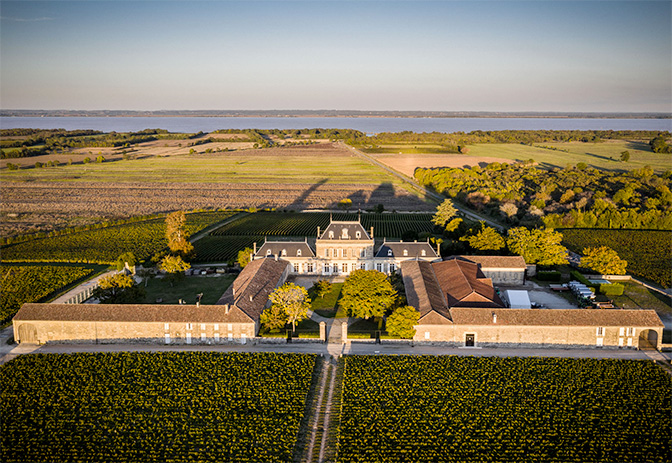
Water lies at the heart of our operations, and is used mainly for building and equipment maintenance, where it can significantly extend machinery life. There are relatively few ways to reduce water consumption, but they do exist.
In the winery, we are subject to various regulations relating to water usage depending on the type of supply, i.e. mains or borehole. At Château Pey La Tour, a 55m3 cistern serves to capture rainwater, which is then deployed to clean tractors or prepare phytosanitary treatments.
II. Strengthen community engagement
While French wines continue to attract discerning wine enthusiasts the world over, we are also deeply committed to developing local tourism. Not only are we responsible for preserving our vineyards for future generations, we must also play an active role in contributing to socio-economic growth for local residents and businesses to ensure they continue to thrive.
RESPONSIBLE PROCUREMENT POLICY
Since 2022, 100% of sourcing relating to promotional support materials and tasting equipment are sourced in Europe and European-made. Today, 85% of our direct suppliers (excl. wine) are in France, of which more than half in Champagne and Bordeaux, and 92% in Europe. In value terms, 98% of dry goodsare sourced in France.
In addition to promoting the local economy, buying local also:
• Reduces our carbon footprint throughout the entire value chain as a result of France’s energy mix
• Improves traceability
• Promotes European, French and regional expertise
Breathe new life into local communities
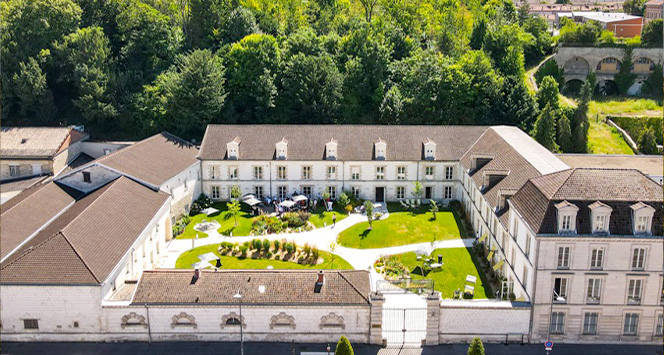
Benjamin Fourmon, CEO of family-run Champagne House Joseph Perrier, sets out their efforts to support the local fabric while adding value to the brand.
“We play a vital role in developing local tourism. Being a member of the wine tourism committee at the Marne Regional Tourist Office brings a much wider perspective and is also the opportunity to engage with public and cultural institutions on the direction we want regional tourism to take. While the number of visitors has increased progressively year-on-year to reach a capacity of 12,000 in 2023, we are now seeing a growing interest from local residents, with 15% of attendees now from the Marne”.
Local stakeholders
Today, our wine and Champagne Houses are establishing meaningful, longstanding partnerships with local organisations (40 associations in total), ranging from agencies working to protect local heritage, to schools and even reforestation initiatives in France. However, we still need to construct a best practice strategy. The first step is to calculate total expenditure for the first half of 2024.
III. SUPPORT EMPLOYEES, CUSTOMERS AND PARTNERS
Family business culture is all part of the Arvitis DNA, together with a firm commitment to encourage future generations to take on greater responsibility. Whilst the latest generation of leaders is already in place, recruitment is still a challenge, particularly in the areas of winemaking and viticulture.
Attract and retain talent
1. Safeguard the health and safety of our employees and partners.
All our employees, from vineyard workers to ad-hoc grape pickers and production staff, are issued with a company handbook containing safety guidelines, and also receive hands-on training.
At the production site in Bordeaux, there has been a significant reduction in accidents since 2019.
In a bid to mirror the same trend, this year in Champagne we are investing more than 100,000 euros in a new pedestrian traffic system to create a safer working environment for employees.
2. Improve the quality of work life
Arvitis is a typical, small, family-run business where the average tenure for sales and production employees is around ten years, which speaks volumes for the company.
Mindful of the importance of leisure time for the workforce, we sponsor several sporting events throughout the year for employees, such as the Medoc Marathon, the Remus 10k, and also organise in-house Futsal and Padel tennis sessions.
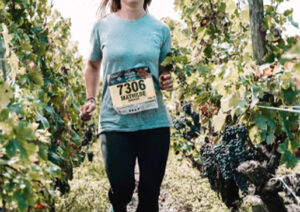
November saw our first company engagement survey. In total, 40 questions addressed topics including recognition, respect, working atmosphere and interpersonal relations. The survey achieved a 79% response rate and a detailed report of findings is planned in summer 2024.
Transparency and transmission
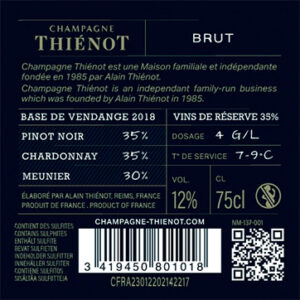
Consumers are increasingly concerned about what they consume and how food and drink is prepared, and we are committed to addressing this need.
Today, the new back label for Champagne Thiénot provides more detailed information on nutritional content and blending composition.
In addition, for more than a decade CVBG has published a detailed, information-rich annual vintage review. Click here to learn more about Skopeo.
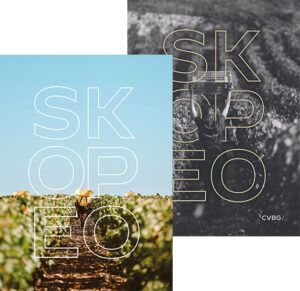
IV. SUPPORT ACTORS
OF CHANGE
We are convinced that some of the answers to social and environmental challenges can be found in innovation, in the creative genius of a workforce driven by passion, and the impetus of an economical ecosystem determined to progress to the next level together.
Relations with educational and regional wine trade bodies
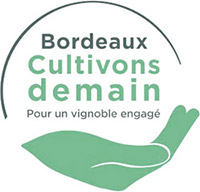
For more than 35 years now, the company has established close connections with the Bordeaux’s Wine University. In fact, it was as a direct result of the science-led partnership between Dourthe and University researchers, that N°1 de Dourthe white wine first came to light.
These close-knit ties are still in place today, allowing the brand to benefit from the very latest oenological findings, vintage after vintage. Both Kressmann and Dourthe wine companies have committed to industry standard ISO 26000 (social responsibility) specifically for the ‘Bordeaux Cultivons Demain’ Bordeaux trade body.
Drive innovation
This year, 2,000,000 euros have been invested in the Vitirev venture fund managed by Demeter, European leader in energy and ecological transition. The Thiénot family was one of the initial investors behind this newly established fund launched in 2022, which is now backed by other leading wine industry names. At the core of this business incubator, environmental performance is equal to financial performance.
.
